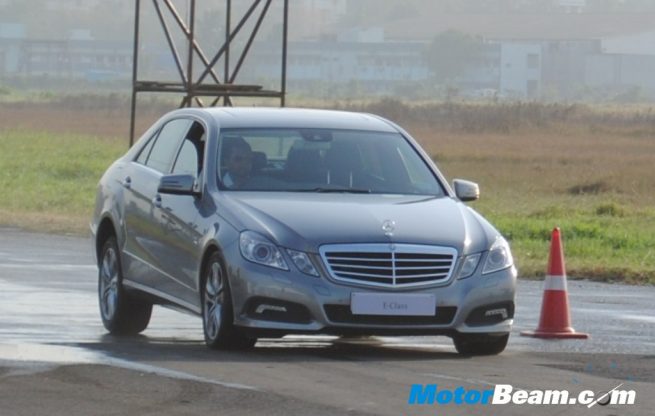Throughout the automobile industry, there have been a lot of campaigns deliberately conducted by various manufacturers to recall their vehicles worldwide and surprisingly the figures are in millions.
The term ‘recall’ is quite familiar to all of us nowadays and we as consumers notice it every now and then in various newspapers and websites stating the latest recalls by different manufacturers all across the globe. In India itself, there have been more than twelve recalls this year and the biggest recall was made by the Japanese car manufacturer, Honda, wherein close to 2.2 lakh cars have been recalled that were manufactured between 2003 and 2012 to replace the faulty airbag inflators.
The latest reports show that more than 34.5 million vehicles have been recalled as of 31st July this year worldwide, which has been faster than any previous year except 2014 in terms of rate. The reason because of which recalls are pushing record levels is that carmakers are taking decisions faster to avoid bad publicity and record fines from government agencies across the globe. A recall is a much safer and economical bet for carmakers than to sit ideal and wait for the government to penalise and destroy their image.
These recalls are also an apt reminder of the increasing complexity that is involved in making modern cars. There shouldn’t be any glitches when it comes to functioning of the equipment and all the parts because everything is more or less interconnected and affects the overall functionality of the vehicle, especially safety. These, if ignored can result into death of many passengers and blow the reputation of different manufacturers apart, thanks to social media. The rise of social media has made it difficult for the manufacturers to keep any sort of secrets related to potential faults in their vehicles.
Ironically, even after the rise of social media, quite a few car buyers are being forgiving. Despite the terrible damage to its image after few people died because of the faulty accelerator in their cars, this year has brought GM its strongest sales in 7 years. The reason is that, many buyers weighed all the factors inherent in the recall mess and concluded that now is actually a good time to buy a GM-made vehicle rather than to shy away from one.
The debate is about, who is to be held responsible for any of the recalls and the deaths caused by the faulty components? Is it the suppliers who sold faulty products to the manufacturers? Or, is it the manufacturers who did not bother paying much attention to all the faulty components that were supplied to them or for hiding the potential faults? Or, is it the consumers who aren’t cautious even after being warned about it? You are free to decide.

